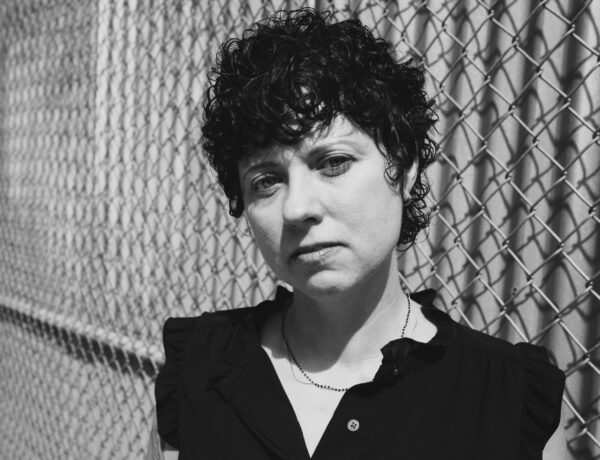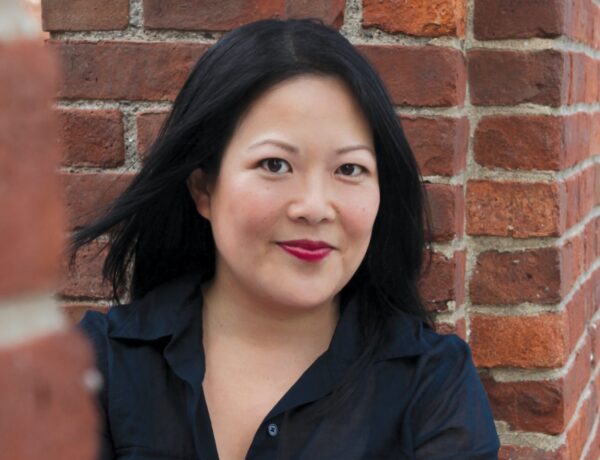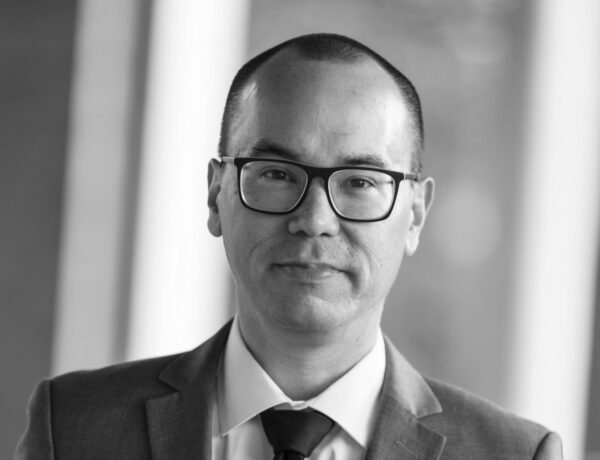Lorna Cook is a historical fiction author who specializes in writing romantic stories set in the past, full of secrets and intrigue. Her latest novel, The Dressmaker’s Secret, is set in Paris during World War II and the present day, following the journey of Coco Chanel’s assistant as she navigates Nazi-occupied France.
Lorna’s debut novel, The Forgotten Village (known as The Forgotten Wife in Canada) sold over 150,000 copies in the UK, was a Kindle Number 1 Bestseller, and won the Katie Fforde Debut Romantic Novel of the Year Award.
Each week, we publish a new daily writing routine from a famous author. Subscribe to our newsletter so you don’t miss out!
Hi Lorna, great to have you on Famous Writing Routines. We’re really excited to talk to you about your writing routine and process. For those who may not know, can you please tell us a little bit about yourself?
Hi, I’m Lorna. I write under two names: Lorna Cook is my real name and I’ve written four historical fiction novels: The Forgotten Village, The Forbidden Promise, The Girl From the Island and The Dressmaker’s Secret, which is my most recent novel.
My next one is out in early 2023 and is called The Hidden Letters, set in Cornwall during WW1. I also write under the name Elle Cook and my debut novel in the contemporary romance arena is called The Man I Never Met and is out in the US and UK in ebook in October and paperback in November.
Can you take us behind the creative process for your 2022 novel, The Dressmaker’s Secret?
The idea for The Dressmaker’s Secret came about when I stumbled across an article online entitled So it turns out Coco Chanel was a Nazi. An article like that was hard to ignore and appealed to the frustrated amateur historian within me.
Most of my novels start out as I stumble across the seed of an idea and then it germinates from there. I followed the trail of Coco Chanel across Europe and the things she did for the Nazis and her interaction with them, living with them in the Ritz in Paris, having a German officer boyfriend.
All very thrilling (and also obviously very disgusting to read about). So I chose not to make her the heroine. The more I read about Chanel the less I liked her and I didn’t think readers would like her much either, so I gave her a lovely secretary, Adele and it is she who we follow through the joint glamor and hell of Nazi Occupied Paris.
What does a typical writing day look like for you?
On a typical day I get up at 6.30, get the kids and dogs breakfast and I drink a giant mug of coffee while last-minute packing their school bags with snacks and water. I run the kids to school, listening to writing podcasts or audiobooks on the way home.
Then I walk the dogs for about an hour or so and faff around tidying the kitchen and doing the boring dishwasher and laundry. I finally make it to my desk by about 10.30 and I write or do writing-related admin or a mix of both all day. I stop when I’m hungry for a quick salad or sandwich, then get straight back to it again.
I’m lucky to have my own office on the top floor of my home where I can stare out the window at the sea if I need a moment of inspiration. My husband collects the kids from their schools and runs them to their after school clubs if they have any and I keep going until about 5pm when I stop for the day and have a family dinner, give the dogs another little walk if they look particularly bouncy and the weather allows and then I wind down by reading bedtime stories to my little one.
Then I try to work out each evening as being a writer and sitting down all day isn’t the healthiest way to live, then maybe some TV or chill out time with the hubby. Then I collapse into bed. I don’t work weekends so that’s basically my Monday to Friday!

Do you have a target word count that you like to hit each day?
I don’t try to hit any word count really. I just put in the hours and hope for the best. A good day is 1000 words and a very good day is 5000 words but likewise if I’ve planned it well and the words are flowing I’m usually happy with any amount!
Can you talk about some of your must-have writing tools?
I need a note pad next to me to chase down ideas and I’ve got a memory like a sieve so I need notes everywhere. But I’m very flexible. I use Word on my computer to write and that’s about all I need.
Whenever you hit a roadblock during a writing session, what are some of the methods you use to get back into the flow of things?
Social media. I just disappear into Twitter or Instagram or Facebook for a few minutes, pop downstairs and make a coffee and then try to hop back to it again as soon as possible. Knowing I have to stop at 5 to make dinner or the kids will start ransacking the cupboards does focus me into getting things done.
What does your writing workspace look like?
Today it’s a tip! Papers everywhere and books piled up haphazardly. I’m in the middle of editing my next novel so it’s post-it-notes galore all over the place.
Before you go…
Each week, we spend hours upon hours researching and writing about famous authors and their daily writing routines. It’s a lot of work, but we do it out of our love for books and learning about these authors’ creative process, and we certainly don’t expect anything in return. However, if you’re enjoying these profiles each week, and would like to send something our way, feel free to buy us a coffee!



No Comments